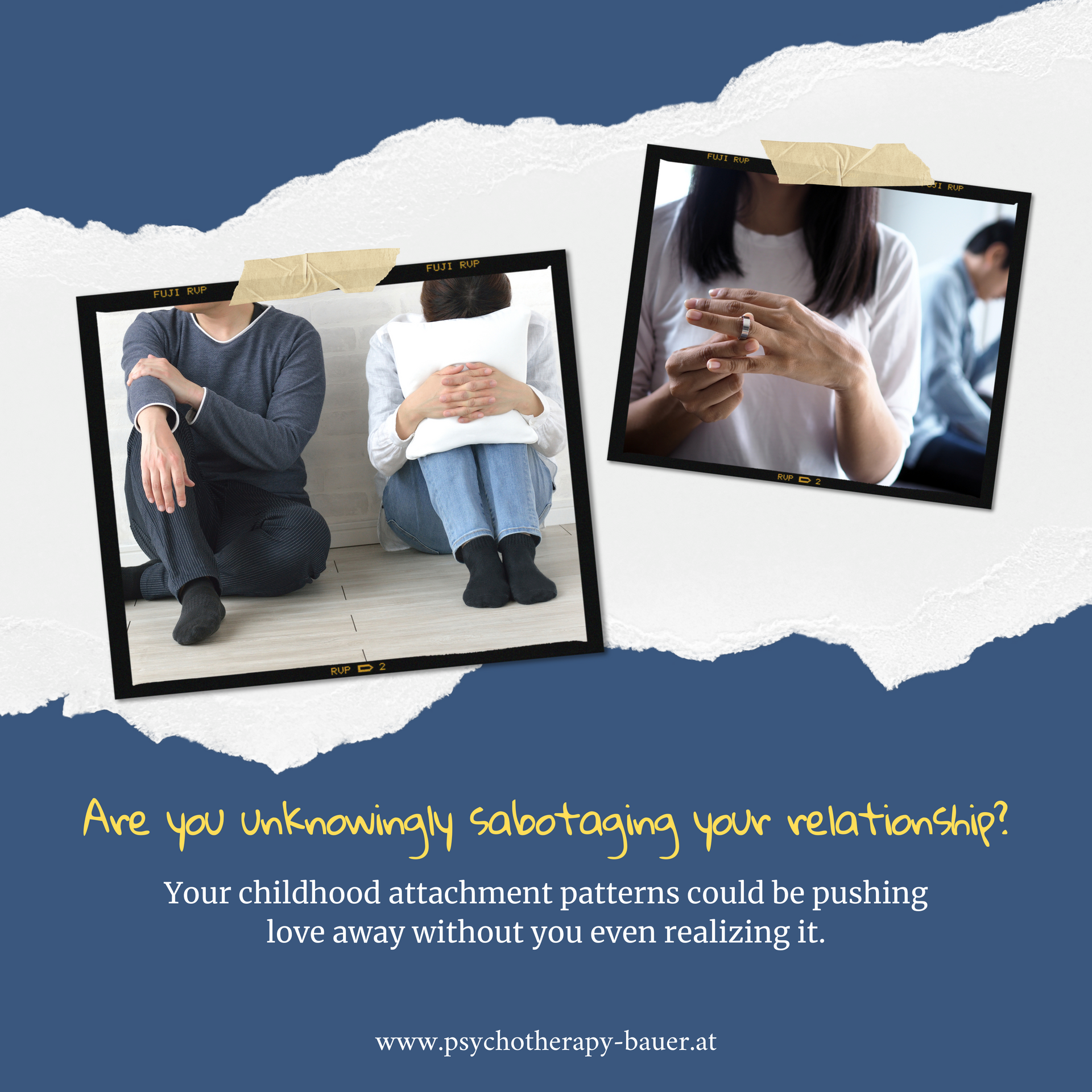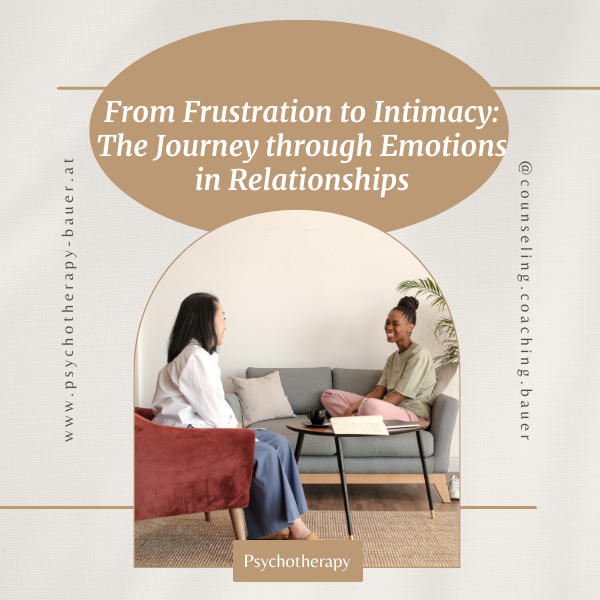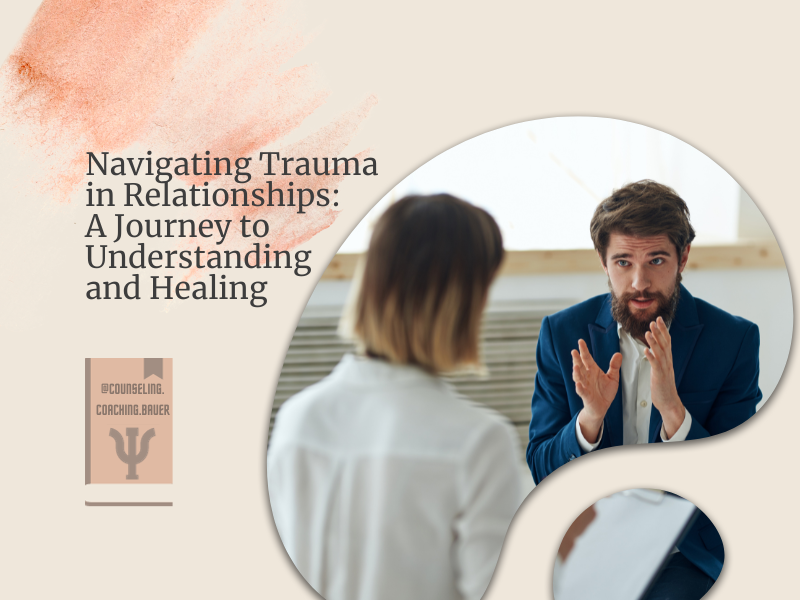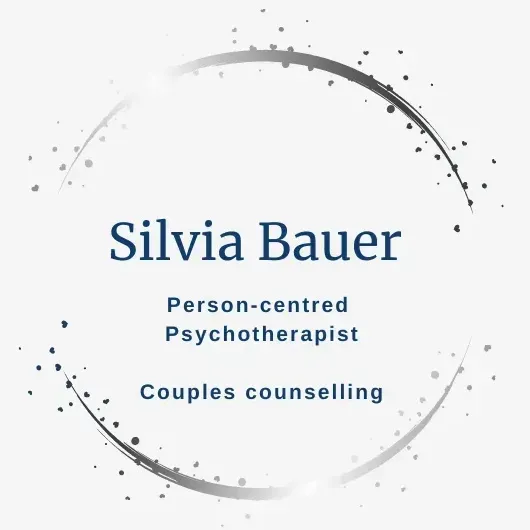Navigating Triggers: 6 Skills for Social Situations
6 Skills to Handle Triggers in Social Situations

Well, I have to admit that more often than not, I feel at least uncomfortable. Once again, Sheldon phrases it best: “I’m still not comfortable. Of course, there are too many people here”. And unfortunately, that’s just the basis on which we can be faced with even more stressful comments or funny behaviors from others that lead us to freak out a little, especially on the inside.
The problem with triggers in social situations, as you may already know, is that it’s usually not appropriate to run away because that may impact the people and relationships around you. So, to some extent, you have to handle your relational behavior on the outside while regulating your stressful experience. By nature, relationships are to some point even more important to humans than our own well-being, which is why this situation is, on top of everything else, more often than not, really threatening.
Harry Potter usually breaks down after being confronted with dementors, and he feels really empty, just like we may feel really exhausted and need some time to recover after being triggered in a social situation. As you may not have a nursery ward around, nor may you be able to hide in bed as life keeps going, I still want to remind you already at this very beginning of my writing that that’s exactly what you will need: lots of time to rest, recover, recharge, and take care of yourself while handling such challenges.
And yet, there’s something else you can do besides rest: developing skills to effectively cope with and manage triggers will make it a lot easier for you. That’s why I want to introduce six practical skills to you. It’s really not necessary to know all of them, but once more, there’s no one size fits all, and I would like you to choose the ones that work best for you.
Some of them can be applied directly within the triggering situation; others are more preventative or even to better recover afterward. Most of them work at all times, so you can apply them before the situation as well as after. And they have one thing in common: the more you practice, the better you get. That’s the reason why I recommend you choose a few and practice them well, rather than just knowing all of them without any practice.
1. Emotional awareness and mindfulness
The reason I quoted Sheldon at the very beginning is that it hopefully helps you be aware of challenging social situations. Awareness and mindfulness are really the first and most helpful qualities you can develop. It has nothing to do with any exercises at this point; it’s rather about knowing yourself. Know that peopling may be challenging for you, that certain comments or behaviors may trigger you, and that your capacity for social activities may be limited. You can imagine yourself driving through a road construction zone. I guess you’ll slow down and be more aware and careful than otherwise; this way, you’ll prevent accidents. Just apply the same principle to your social situations. Don’t rush yourself; don’t jump into anything faster than you can handle safely. This will prevent any further damage, and in the event of damage—imagine a rockfall—you can fix it before anyone gets hurt.
Do you see the use of mindfulness? If so, now it gets into exercising, but really, my job is done. There are plenty of mindfulness techniques, and without talking to you, I can hardly advise you on which one suits you best. In any case, be sure you can’t make any mistakes, apart from not practicing.
Right here, I will give you a wild collection to inspire you; choose one and follow up with them further:
● MBSR (mindfulness-based stress reduction)
● Gatha meditation
● Headspace App
● Coloring mandalas
● Mindful nature observation
● Autogenic training
● Body scan
You will not apply every one of these practices in your social interactions. You keep practicing them silently at home, and one day, while you are talking, you may remember one hint you learned while meditating. Eventually, that will help you to have a clear mind in your interactions and navigate your social road without accident.
2. Deep breathing and grounding techniques
Here I extracted two techniques that are part of nearly all mindfulness practices. As there’s obviously a lot of common sense about their use, I want to point them out exclusively. I’m talking about the very edges of your body: breathing on the upper end and grounding on the lower end.
Nice advantage: it’s pretty straight-forward. People have told me that I can be very practical and, at times, flippant. Well, here you go:
1. Keep breathing. 2. Put your feet on the ground.
Easy as that. Right? Seriously, if you keep doing so at any given moment, you've already won.
- The issue with breathing is that, as you may know, when we are scared, we either stop it or accelerate it. So keep breathing regularly. If you’re having trouble with the last word – there are plenty of tools, Apps, a smartwatch, counting while breathing in and out… Just try them. And as always, the easier it sounds, the harder it gets when you’re stressed. Ideally, you will have your breathing and grounding mastered before you need them to help navigate social anxiety.
- Put your feet on the ground and feel them. Can be your bottom as well, in case you’re sitting. Just feel how stable the ground is and how safe it makes you feel. Just give it a try and feel your feet while talking to your next date. They won’t notice, but it can provide a helpful benefit to your presence and sense of centeredness in the moment.
Once more, I won’t go into the detailed instructions, but certainly there are people less sloppy than me out there, and they give wonderful instructions on various deep breathing and grounding exercises.
3. Active listening and empathy
Now I have a fancy request, but please bear with me. Listen to the other person—exactly the one that is stressing you out. There’s a good chance that while you’re feeling stressed out, your memories and their words get entangled. Now it’s a question about tension. If it’s overly stressful, then what you may need is to bring yourself to a safe place. But if you feel only slightly stressed, there’s a chance to make it easier for you and the other person. In this case, the secret may be listening well. Maybe you can try to disentangle their story from your memories and be more present with them in this situation, here and now. It could help to put your memories aside (hint: it’s a great advantage if you generally know them and can label them),
e.g., store them in the corner of the room and make sure you’ll pick them up afterward.
Then you’re freer to follow the other person's story and explore what it’s really about. You can be curious about their experiences and ask them if you fully understand what they are telling you. Maybe you can figure out how the other person is feeling, or you could even ask them. Understanding and connecting to another person deeply is usually very soothing for the nervous system. You may reach a deeper level of connection if you manage to detangle their story from yours. And that doesn’t mean you just have to listen to them. Another time, they may be free to listen to you, but not all at once.
4. Setting boundaries and saying No
This point is kind of the counterpoint to what we just discussed. Before, we'd joined another person; this time, we kept away. Different situations arise, as I mentioned above—sometimes you’re not resourced enough, or you just decide it’s not the time to listen. In this case, you set a boundary. Above, I suggested running away—well, I have to admit that may be pretty effective and nevertheless slightly unconventional. But really, people care far too much about what it looks like. The look is secondary. Primarily, it needs to be effective. You need to get the other person to stop, or you need to get out of the situation.
If you’re in a good place, you can give them some kind of introduction: “Please stop shouting at me; otherwise, I will leave”. But honestly, more often than not, especially if we don’t have so much practice setting boundaries—we're a bit late, time to skip the introduction, and yet, set your boundary, “I have to go, I’ll get back to you.”
There are an endless number of phrases you could use. As always, go through them, try them, choose the one you like best, and practice it.
Some people also have reminders for themselves to set boundaries. Especially in families where healthy boundaries are not established, it can feel awkward at first. I used to have a colored “stop sign” to remind myself to set boundaries. Some people have little fortresses or locks. Whatever reminds you to protect yourself will do it.
Say no whenever you feel like it—and more importantly, leave in case your “no” doesn’t get heard.
5. Cognitive Reframing
What a freaking expression for a very simple exercise! It means nothing else than the question “Are there any other possible options imaginable”. Let me give you an example: you’re sitting on the tram, and the person next to you gets up and takes another seat. What are possible explanations for “you’re ugly, and they don’t want to sit next to you?” Yeah, thank you; I expected that one. Could be. What else?
- They want to check you out (therefore, they need to sit somewhere opposite) or another person.
- They want to sit forward facing.
- They want to see where they are going (maybe they are new to the area).
- They don’t want to sit in the sun.
- They missed their stop and sat back down at another place.
How much does it matter what they want? It’s not about you.
There are countless ways to interpret the same situation. Mostly, you can never know which one is right. But most importantly, this way can help you put your thoughts into perspective and eventually let go of them—at least until your next counseling session.
6. Self-compassion and positive affirmations
Another crazy name that's been used numerous times, and you might even feel like throwing up on the inside, reading it again. But, as often happens in social situations and blogs, it may be useful to take a second look.
Self-compassion really means “Don’t be too hard on yourself; it is what it is. So far for now”. It’s about accepting the current experience. I guess you can relate to my experience that beating yourself up about your struggles usually doesn’t help. I know it can sometimes be hard to accept yourself. That’s why I have a little trick for you: What if a friend were in your situation? What would you tell them? Now apply that same principle to you. It generally works well because we treat others better than ourselves.
Positive affirmations may sound alike, and I want to offer you just one: “You’re enough”. What do you think?
So, I will take my words to heart for now and leave you with them, although I’m not finished yet. But right now, that’s enough.
I hope you can benefit from the skills I shared with you, and I am curious to know how you’re getting along.
If you get along with those tools and keep practicing them, you may feel much better equipped to handle some triggering situations more effectively and bounce back faster after a stressful experience, and I can’t encourage you often enough: keep practicing and come back after failing.
If social triggers have been holding you back, it's time to take the next step toward personal growth and healing. Consider starting counseling to explore these challenges in a supportive and empathetic environment. I will guide you through the process of self-discovery and provide valuable insights into managing triggers in social situations. Together, we'll work on enhancing emotional awareness and empowering you to handle stress.
In counseling, you'll experience the art of listening and empathy, which lead to stronger connections and better relationships. And you’ll incorporate them, and eventually, they’ll become second nature.
Setting boundaries assertively will allow you to prioritize your well-being without guilt and follow through with your own life goals.
Managing social anxiety can feel like a big challenge. I effectively help people better their interpersonal skills, and would love to help you, too. Contact me to learn more!












